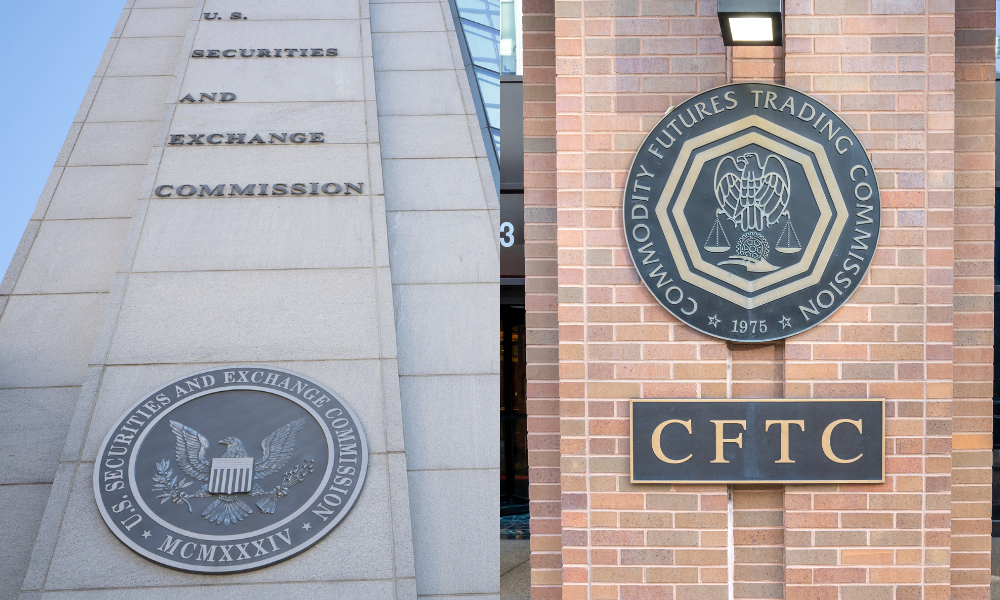

Financial regulators including the SEC and CFTC are subject to a level of scrutiny from today (April 21) as an executive order signed by President Trump in February is implemented.
New guidance had been issued by the Office of Information and Regulatory Affairs that requires around 20 boards and agencies to involve the White House in rulemaking, effectively restricting their independence.
While several regulatory agencies that operate under the executive branch have a long history of doing so with high levels of independence, Trump interprets his powers under the constitution as being unitary with the authority to supervise the entire executive branch.
His executive order states that these “regulatory agencies currently exercise substantial executive authority without sufficient accountability to the President, and through him, to the American people.” It adds that they “have been permitted to promulgate significant regulations without review by the President” and that this is inconsistent with an elected president.
The OIRA guidance comes as the Trump administration’s attempt to slash the power of the Consumer Financial Protection Bureau through layoffs of most of its staff has been paused by a federal judge.
US District Judge Amy Berman Jackson said Friday that she was concerned that cutting the CFPB’s staff by 1500 to leave only around 200 would “decimate the agency and render it unable to comply with its statutory duties.”
The pause will remain until at least April 28 when the judge will hear testimony from officials who worked on the reduction in force.
Democrat Senator Elizabeth Warren, one of the architects of the CFPB, said that consumers and markets would be more vulnerable to fraud and corruption from moves against federal regulatory agencies.
“Trump at every turn is trying to put deregulators in place across the whole financial services space, and that is really dangerous,” she told Bloomberg News.
The president has also been taking aim at Fed chair Jerome Powell for not cutting interest rates fast enough.
According to Kevin Hassett, director of the National Economic Council, in response to a reporter who asked if the president could consider removing Powell: “The president and his team will continue to study that,” adding that “The policy of this Federal Reserve was to raise rates the minute President Trump was elected last time, to say that the supply-side tax cuts that were going to be inflationary.”
“We’re already paying a huge price for every hour that goes by that he gets out there and rattles his sabers about firing the chairman of the Fed,” Warren added, referring to the turbulence in the bond markets.

By listening for what truly matters and where clients want to make a difference, advisors can avoid politics and help build more personal strategies.

JPMorgan and RBC have also welcomed ex-UBS advisors in Texas, while Steward Partners and SpirePoint make new additions in the Sun Belt.

Counsel representing Lisa Cook argued the president's pattern of publicly blasting the Fed calls the foundation for her firing into question.

The two firms violated the Advisers Act and Reg BI by making misleading statements and failing to disclose conflicts to retail and retirement plan investors, according to the regulator.

Elsewhere, two breakaway teams from Morgan Stanley and Merrill unite to form a $2 billion RIA, while a Texas-based independent merges with a Bay Area advisory practice.
Orion's Tom Wilson on delivering coordinated, high-touch service in a world where returns alone no longer set you apart.
Barely a decade old, registered index-linked annuities have quickly surged in popularity, thanks to their unique blend of protection and growth potential—an appealing option for investors looking to chart a steadier course through today's choppy market waters, says Myles Lambert, Brighthouse Financial.
